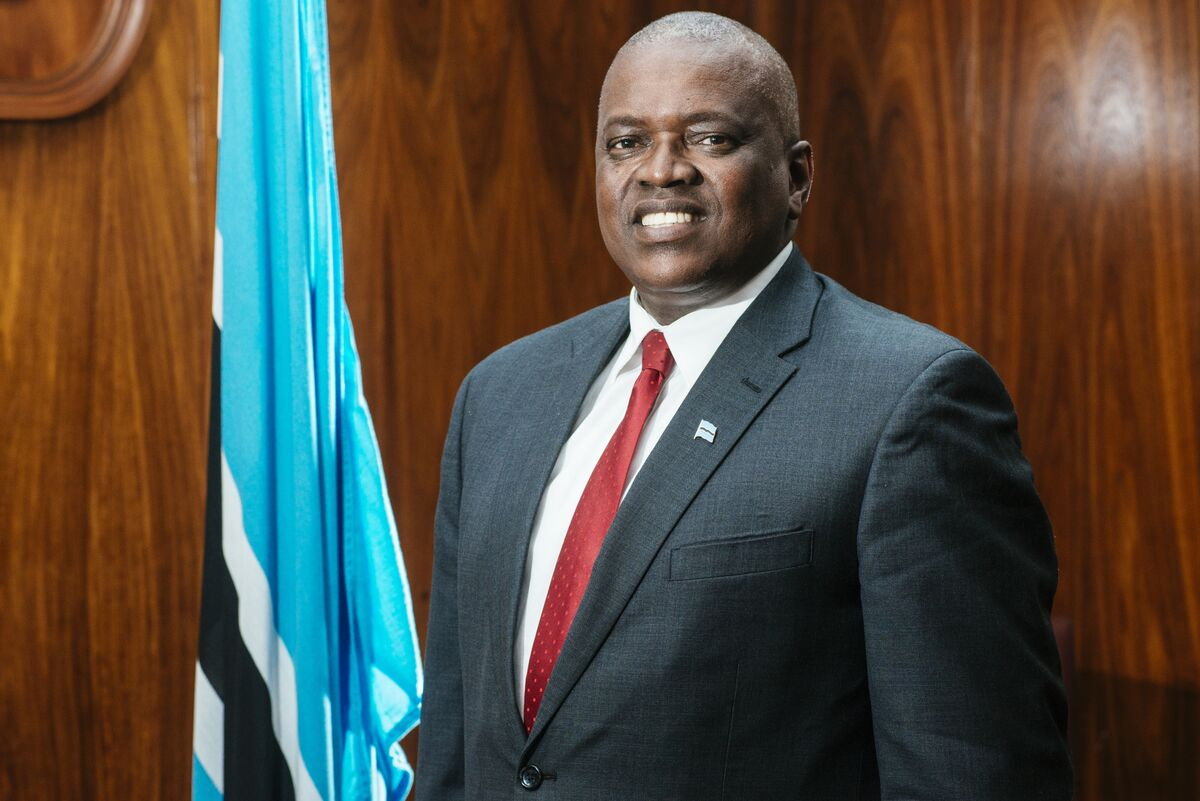In a historic shift, Botswana’s voters have ousted the ruling Botswana Democratic Party (BDP), ending nearly six decades of uninterrupted governance and electing opposition leader Duma Boko of the Umbrella for Democratic Change (UDC) coalition as the new president. This marks the first time the BDP has lost its majority since Botswana gained independence in 1966. President Mokgweetsi Masisi, in a public phone call, graciously conceded, signaling a smooth transition of power and expressing his commitment to handover duties.
President-elect Boko, 54, addressed the nation with a message of humility and dedication, pledging to fulfill the “enormous responsibility” entrusted to him by the people of Botswana. His victory is widely seen as a reaction to growing economic frustrations among citizens, particularly the youth, in response to rising unemployment and sluggish growth due to a downturn in the diamond trade. Botswana, though largely dependent on diamonds, has historically used its mineral wealth responsibly, channeling funds into health, education, and social services. However, this year’s economic growth plummeted to an expected 1%, with unemployment soaring to 28%.
As the world’s leading diamond producer by value, Botswana relies heavily on its stake in De Beers, a subsidiary of Anglo American, to sustain its economy. Boko has expressed urgency in strengthening Botswana’s partnership with De Beers, given potential signs that the company may reconsider its longstanding agreements. He emphasized the need to protect Botswana’s diamond trade as an essential economic “golden egg” for the country’s short-term future.
The UDC won a decisive 35 out of 61 parliamentary seats, securing its majority. In contrast, the BDP fell to last place among four major parties, securing only four seats. Political analysts point to the UDC’s ambitious policies, such as more than doubling the minimum wage, expanding social services, and reforming the judiciary, as key reasons for their victory. Public celebrations erupted in the capital, Gaborone, as residents welcomed the change.
This dramatic shift follows a broader regional trend, with long-ruling parties across southern Africa, including South Africa’s ANC, facing significant losses in 2023. The outcome is a stark reminder, as analysts note, of the vulnerability of long-standing parties when economic challenges and unemployment go unaddressed.










